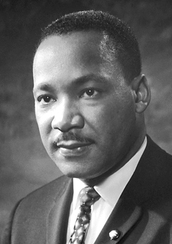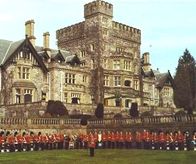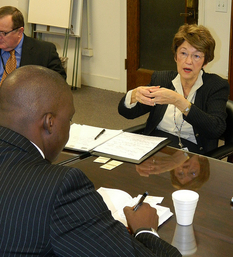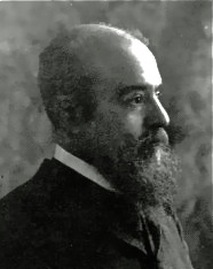
House and Baetz several decades ago argued some individual differences should play a role in differentiating leaders. That is because leadership is a social process. It occurs with respect to others. Therefore people with great social skills or superb speakers are more likely to be seen as leaders. Who cannot listen to Dr. Martin Luther King, Jr.’s “I have a dream” speech and not be moved.
But great leaders lead by the power of their ideas – and their ability to listen. In 1963 a church in Birmingham, Alabama, was bombed killing four young girls, all African-American. Prominent players of the Civil Rights Movement met in the home of the Rev. Ralph Abernathy. When Dr. King arrived, he sat on the sofa and listened to others arguing that they should meet violence with violence. Dr. King listened intently. After an hour he spoke and said this is not our way, not our path, not violence — but he had listened. He was a great leader.
Zaleznik, A. (1992). Managers and leader: are they different? Harvard Business Review, 70 (2), 126-135. (Originally published 1977).
Cawthon, D.L. (1996). Leadership: the great man theory revisited. Business Horizons, May-June, 1-4
House & Baetz. (1979). Leadership: Some empirical generalizations and new research directions. In B. M. Staw (Ed.), Rsearch in Organizational Behavior,1: 341-423. Greenwich, CT: JAI Press.
Story about Dr. King, Jr. Personal communication. Rev. Fred Shuttlesworth.
Image from http://commons.wikimedia.org/wiki/File%3AMartin_Luther_King%2C_Jr..jpg
By Nobel Foundation (http://nobelprize.org/) [Public domain or Public domain], via Wikimedia Commons




 RSS Feed
RSS Feed